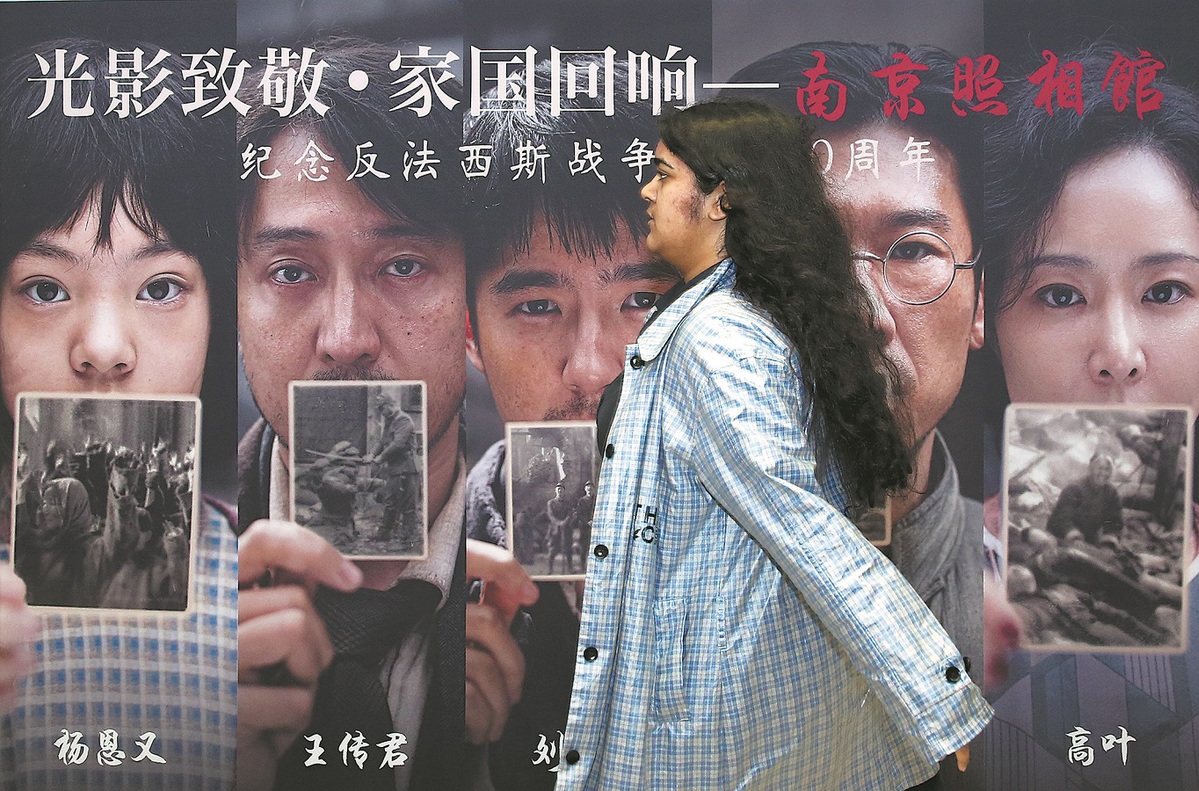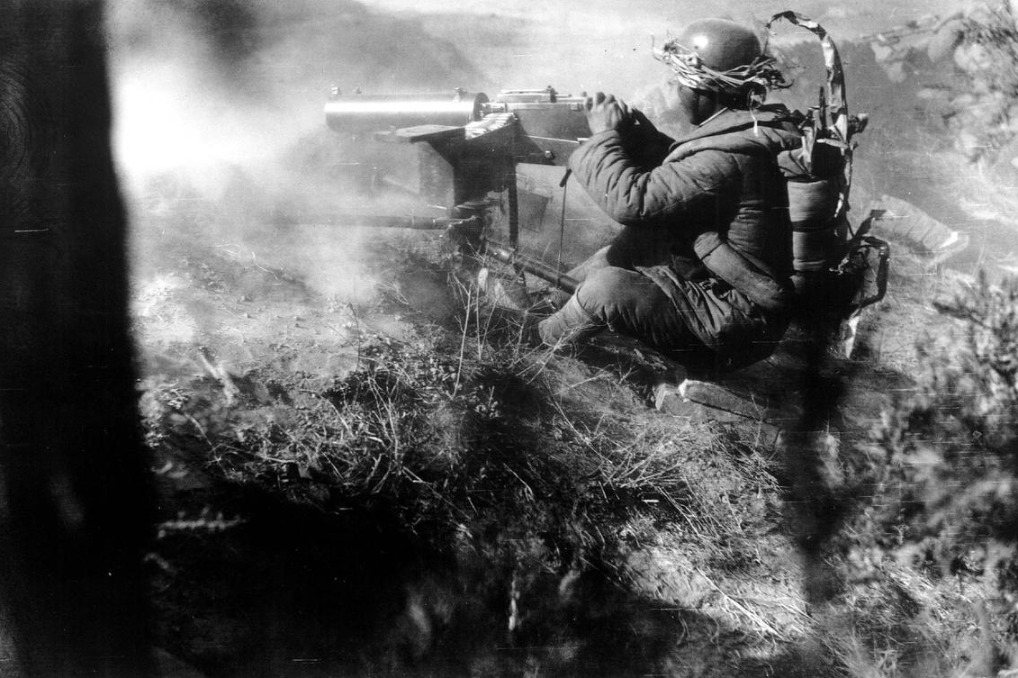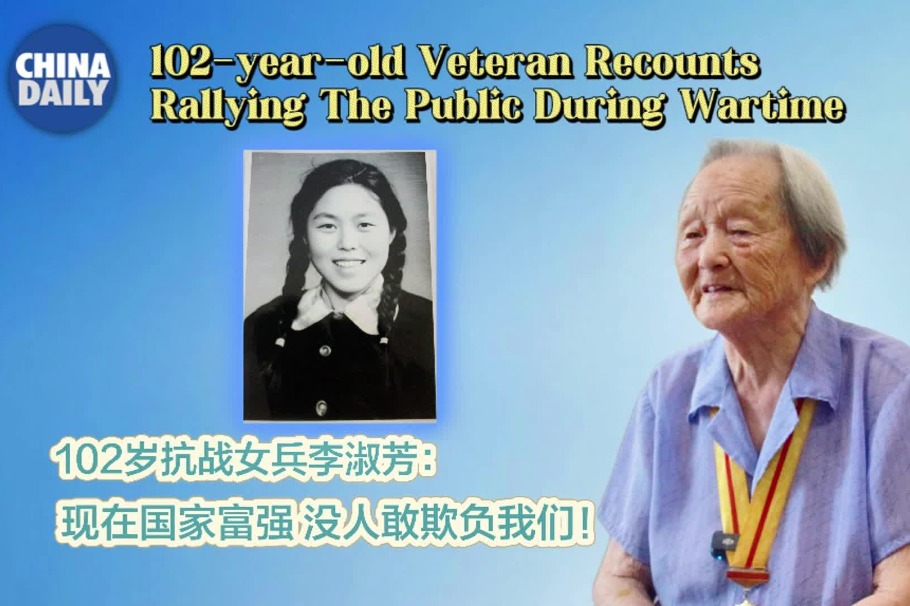'Dead to Rights' smashes box office records, raises awareness
Film set during Nanjing Massacre tells of unsung heroes' courage to reveal atrocities


Connecting eras
With international releases underway, director Shen said he hopes the film "will make more people clearly realize that anti-fascism represents humanity's shared yearning for peace — a legacy requiring collective guardianship."
Filming this history today, Shen said, connects the past and present. He said in our era, we are saturated with information, "But in that era of scarce information, photos from documented atrocities preserved history, and transmitted crucial truths."
In Nanjing, the film has ignited a surge in interest in genealogy records.
The Nanjing Municipal Archives reports soaring queries for 1946-48 household registration cards. A total of 1.54 million documents discovered in 2006 have been digitized for public access.
"Daily queries averaged 10 previously. Since the film's release, they have peaked at 1,200 a day," said archivist Yin Yanbin. "Staff now work overtime to meet demand."
The documents "reunite" Nanjing residents with their ancestors. "People arrive with familial longing. Many tear up upon finding photos or rush to show elderly relatives. It moves us deeply," said Yin.
Social media is buzzing with "finding Republican-era family records in Nanjing Archives" stories.
Netizens share discoveries such as: "Our grandparents lived in Sanyuan Alley. They might've known each other."; "Your great-grandmother studied with my grandmother." Some even recognized relatives' names on the memorial hall's victim list, exclaiming "History feels so close".
Amid the 80th anniversary commemorations, films, plays, music, and art themed on remembering the war are emerging.
Dead to Rights makes history tangible. Many viewers connect its imagery to reality, sensing truth's weight.
Tang Yitao, 40, a Nanjing restaurateur, took his sixth-grade son to see the film. "As locals, we grew up knowing this history's importance," he said. "For children, this impacts them more than textbooks, revealing war's cruelty and Japanese brutality."
He teaches his son to remember suffering and humiliation, but not hatred, and encourages him to make himself stronger.
One person who saw the film reflected online that photos traverse war, films cross time and textbooks make them vivid. "Children learn ancestors' courage, cherish peace, and grasp the meaning of self-strengthening."
Another viewer declared the film has a "bonus scene" as evidenced by today's China. "When you exit the theater, today's thriving China — mountains and rivers unharmed, myriad lights glowing — that's its greatest reveal," the reviewer said.
























